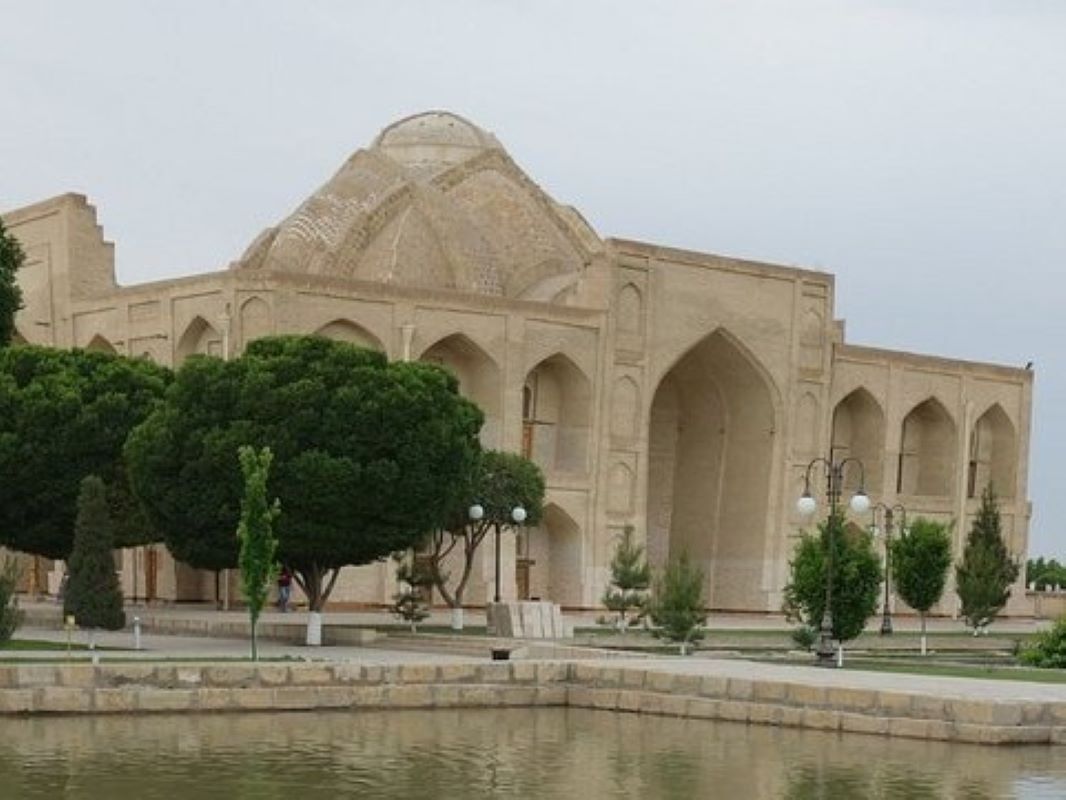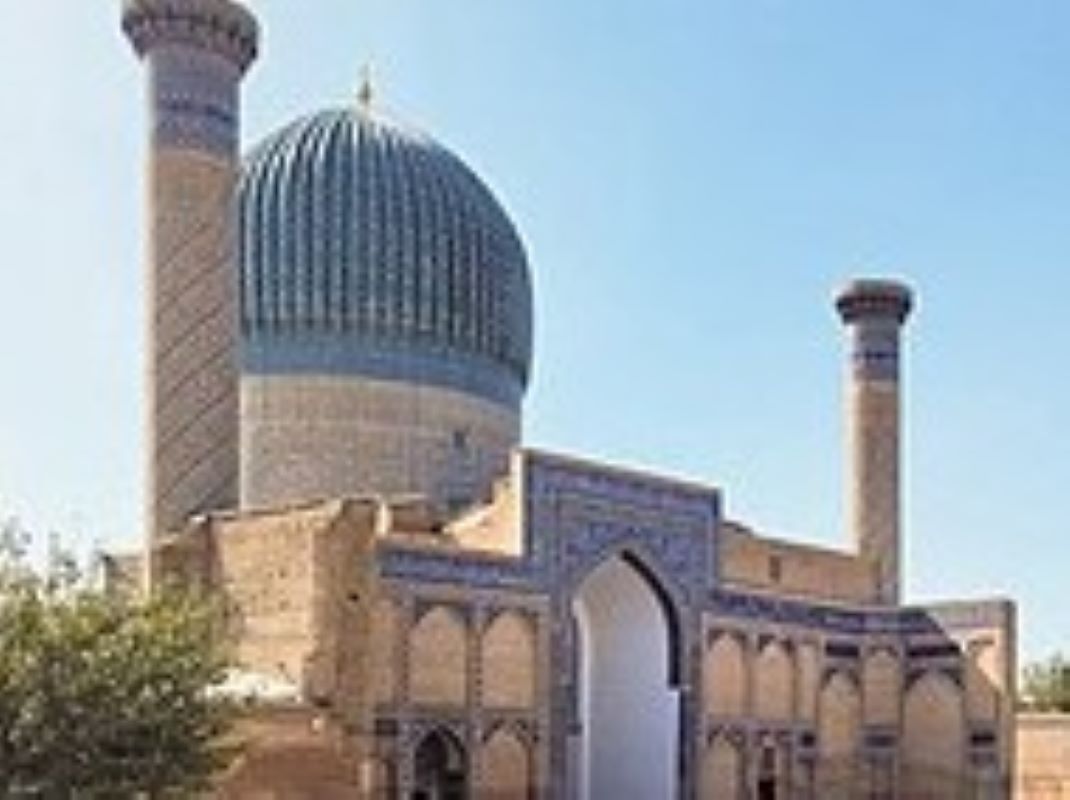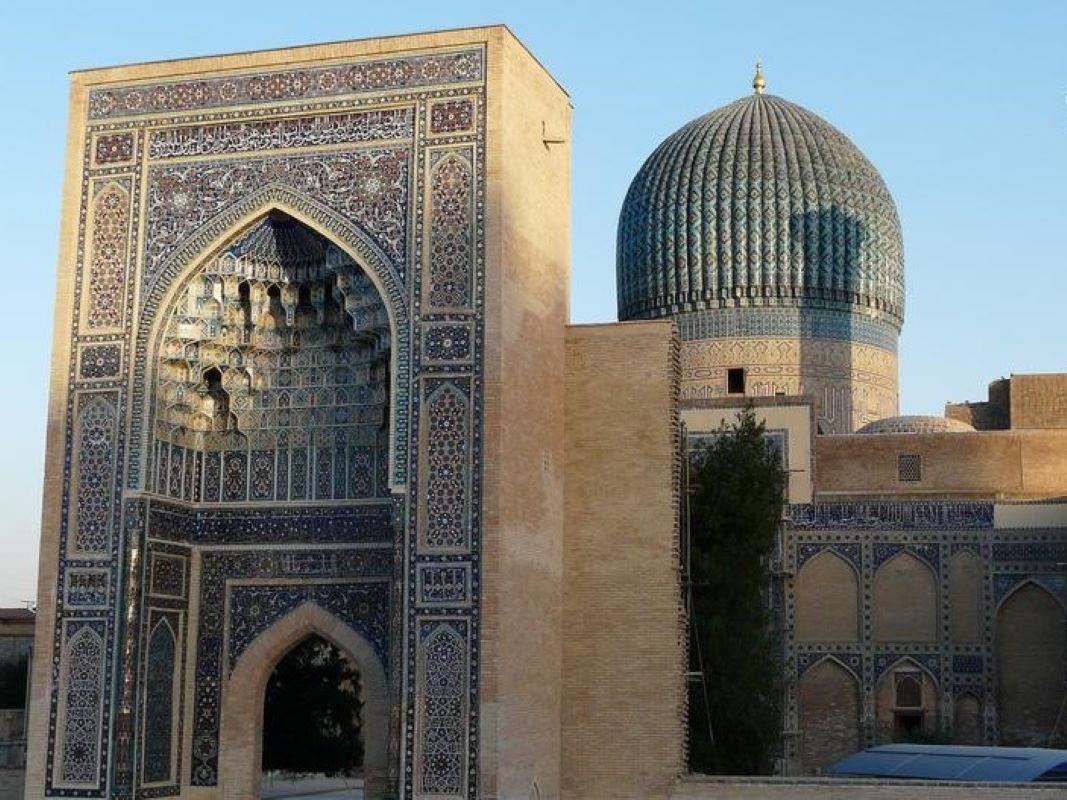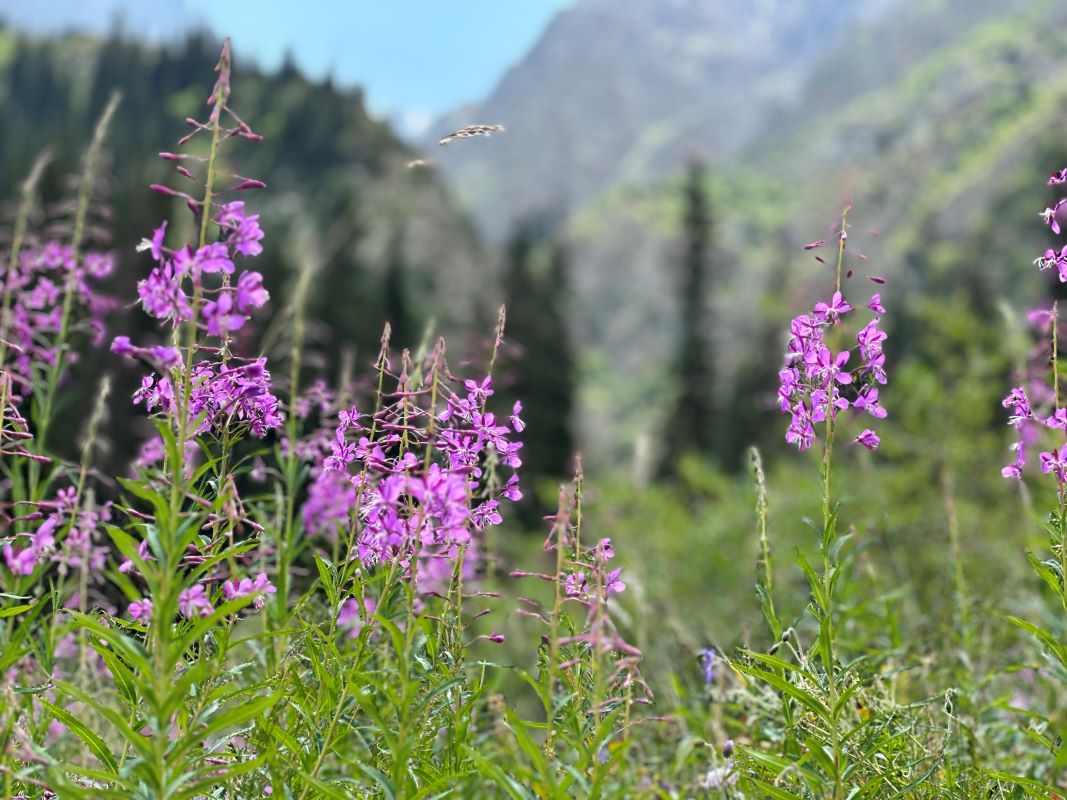The Bakhautdin Naqsband Mausoleum stands as a sacred monument and pilgrimage site in Bukhara, Uzbekistan, honoring the revered Sufi mystic and theologian, Bakhautdin Naqsband. Built in the 16th century, this mausoleum is a testament to the enduring spiritual legacy of Naqsband and the Naqshbandi Sufi order.
Commissioned in 1544 by Abdulaziz Khan, a descendant of the powerful Khanate rulers, the mausoleum was constructed to commemorate the life and teachings of Bakhautdin Naqsband, who founded the influential Naqshbandi order of Sufism in the 14th century. The site serves as a place of reverence and pilgrimage for Sufi adherents and spiritual seekers, drawn to Naqsband’s teachings of love, compassion, and inner purification.
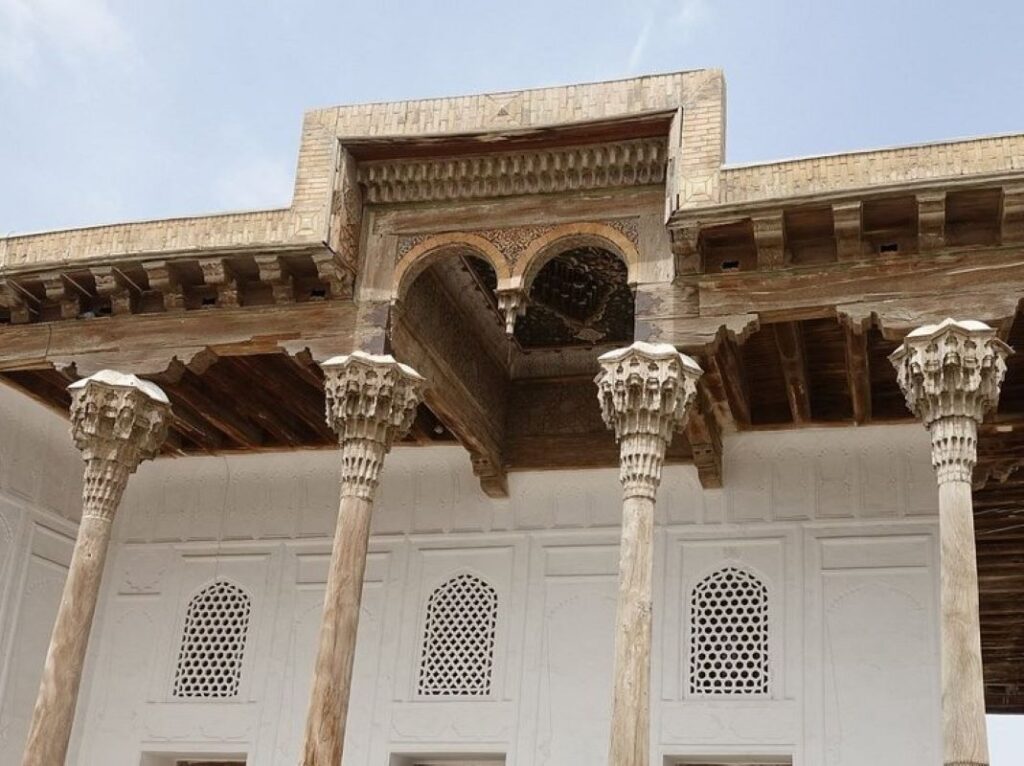
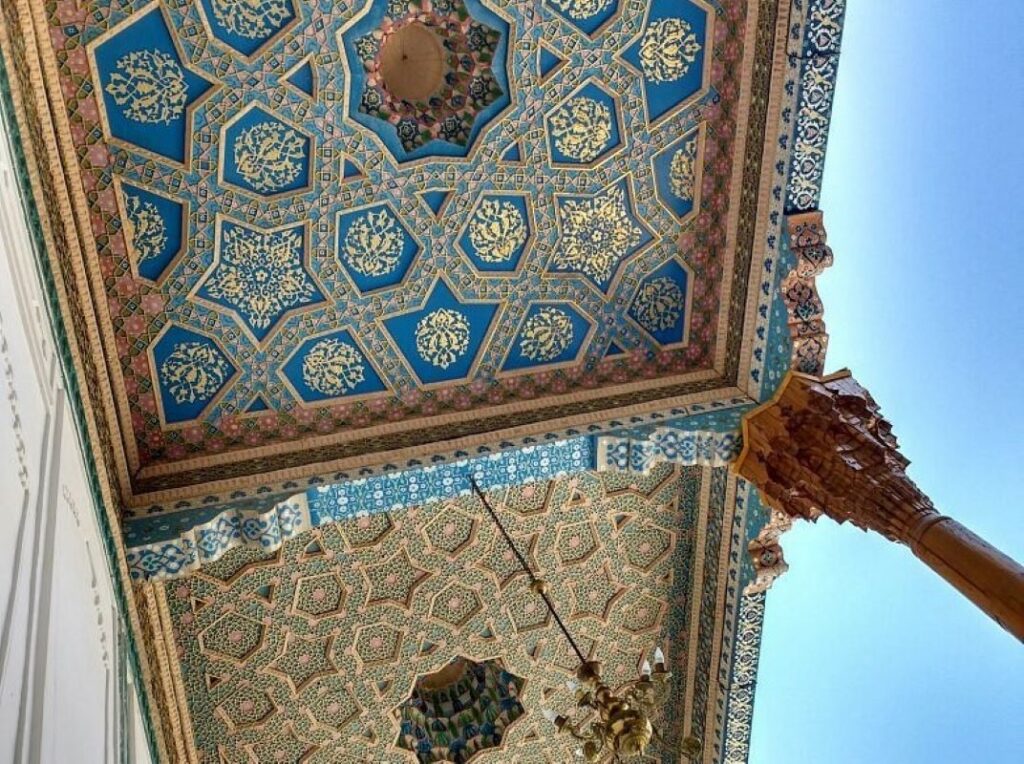
Architecturally, the Bakhautdin Naqsband Mausoleum exemplifies the intricate beauty of Uzbekistan’s Islamic architecture, featuring a majestic portal adorned with intricate tilework, geometric motifs, and Quranic inscriptions. The interior of the mausoleum is equally breathtaking, with a tranquil courtyard surrounded by arched alcoves, ornate domes, and the sacred tomb of Bakhautdin Naqsband.
For tourists, the mausoleum offers a profound glimpse into the spiritual heritage of Bukhara and the broader Islamic world. Visitors can explore the serene grounds of the mausoleum, soaking in the atmosphere of reverence and devotion that permeates the site. Many pilgrims and visitors also partake in rituals of prayer, meditation, and contemplation, seeking solace and spiritual renewal in the presence of Naqsband’s blessed resting place.
Beyond its religious significance, the Bakhautdin Naqsband Mausoleum is also an architectural marvel and a UNESCO World Heritage Site, attracting tourists from around the globe eager to marvel at its timeless beauty and cultural significance. Guided tours are available to provide visitors with insights into the history, architecture, and spiritual significance of this sacred site, offering a profound and enriching experience for travelers seeking to connect with Uzbekistan’s rich cultural heritage and spiritual traditions.

